Poor Americans, people in rural locations, and those with disabilities would benefit most.


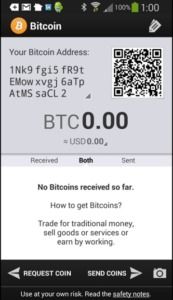
There are at least four ways to acquire Bitcoin and three ways to store it…
Acquire Bitcoin: You can trade Bitcoin in person, accept it as a vendor, mine it, or buy on an exchange.
Store Bitcoin: You can keep your Bitcoin in an online/cloud service (typically, one that is connected to your exchange account), keep it on your own PC or phone, or even print it out and store it on a piece of paper. Like a physical coin, the piece of paper has value. It can be placed in your lock box or under your mattress.
Let’s look at the market for Bitcoin Wallets (all of these are free), and then we shall talk about Bitcoin exchange services. This includes my personal recommendation for the typical consumer or coin enthusiast…
You can start your search for a wallet on this page at Bitcoin.org. Use the drop down tabs to refine your search by platform: Mobile, Desktop, Hardware gadget or Web. Don’t overlook the web option. For many users, the wallet (and VAULT) included with an online exchange account is all you need.
Each wallet platform is further distinguished by operating system. For example, you can find a smartphone wallet for Android, Apple, Windows Mobile or Blackberry. Some popular apps are listed under more than one OS or platform.
When you click on any of the app logos, you will see a checklist of five key traits, according to reviewers at the Bitcoin Foundation:
These are not necessarily critical traits/features. It depends on your needs and preferences. For example, everyone wants good privacy and security. But not everyone wants to control their private keys. That places the risk of loss, backup and/or the burden of inheritance issues on you, rather than a standardized recovery process. The feature comparison simply helps you to begin your own comparison and evaluation.
For Android users, my personal recommendation is Bitcoin Wallet by Andreas Schildbach (the logo is a tilted orange ‘B’). It is simple, secure, well maintained and very popular. (iPhone users: See my my suggestion in the recommendations, below).
Despite the simplicity and low cost of spending or sending Bitcoin between individuals and vendors, getting your first Bitcoin can be confusing, complex and even risky. For this reason, I suggest that Newbies open an account at a very established and trustworthy exchange.
In the near future, this will include most big banks. But for now, the safest and most reputable exchange is Coinbase in San Francisco. They are also the one with the highest level of regulatory compliance.  Bitstamp of Slovenia and Great Britain is a close second. In my opinion, using either of these organizations as a currency exchange or a secure place to park your digital currency is a safe bet.
Bitstamp of Slovenia and Great Britain is a close second. In my opinion, using either of these organizations as a currency exchange or a secure place to park your digital currency is a safe bet.
Both of these exchanges include a cloud wallet service that—when used properly—is safe and secure. But, because Bitcoin is still in its infancy, you will need to learn about sweeping funds into a ‘vault’ (to better protect against hacking) and you should also learn about portable backups and multi-sig (to protect your assets, in the event of forgetfulness, death or incapacitation).
With either type of wallet—device storage or online with an exchange—I recommend that you install and play with a portable wallet on your phone, just to get the hang of a few basic functions: Display wallet address for incoming money, Send money, Request money (i.e. send an invoice), and Pay with the QR-camera feature. All wallets serve these basic and critical needs.
Recommendations:
Related Reading:
Philip Raymond co-chairs CRYPSA, produces The Bitcoin Event and is a board member at
Lifeboat. He will deliver the Keynote Address at Digital Currency Summit in Johannesburg.
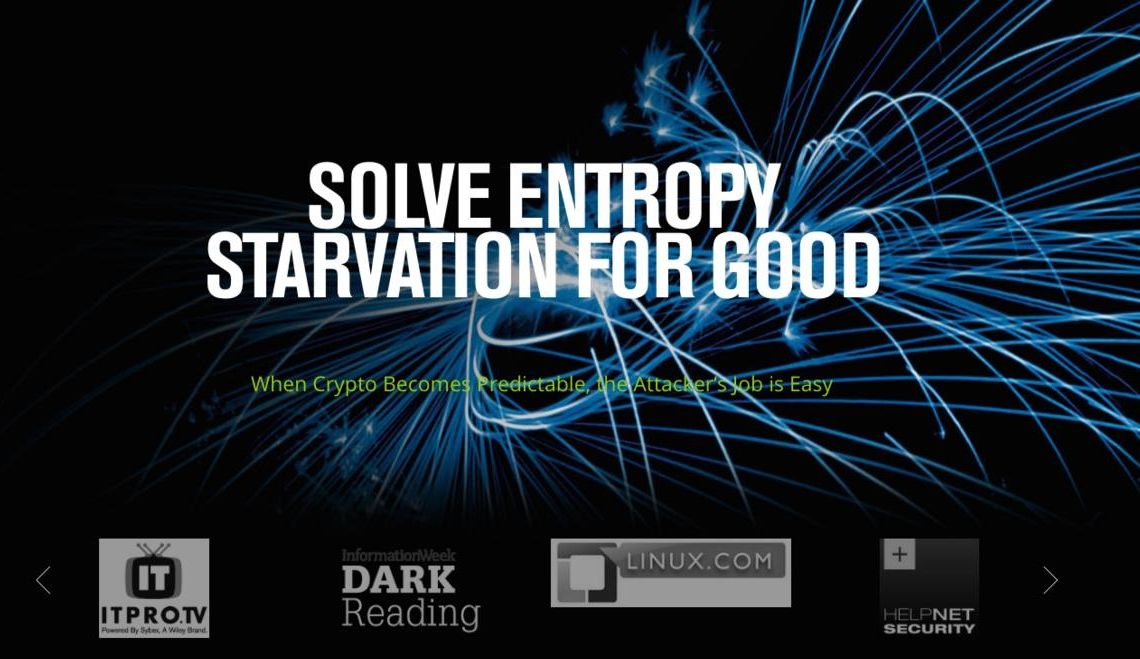
Hmmmm.
Computers based on quantum mechanics have been in the realm of science fiction for years, but recently companies like Google (Nasdaq: GOOGL), and even the National Security Agency, have started to think practically about what their existence would mean.
These super-powerful computers would be exciting in many respects, but they would also be able to break the methods of data encryption that currently make it safe to browse the internet or pay for things online.
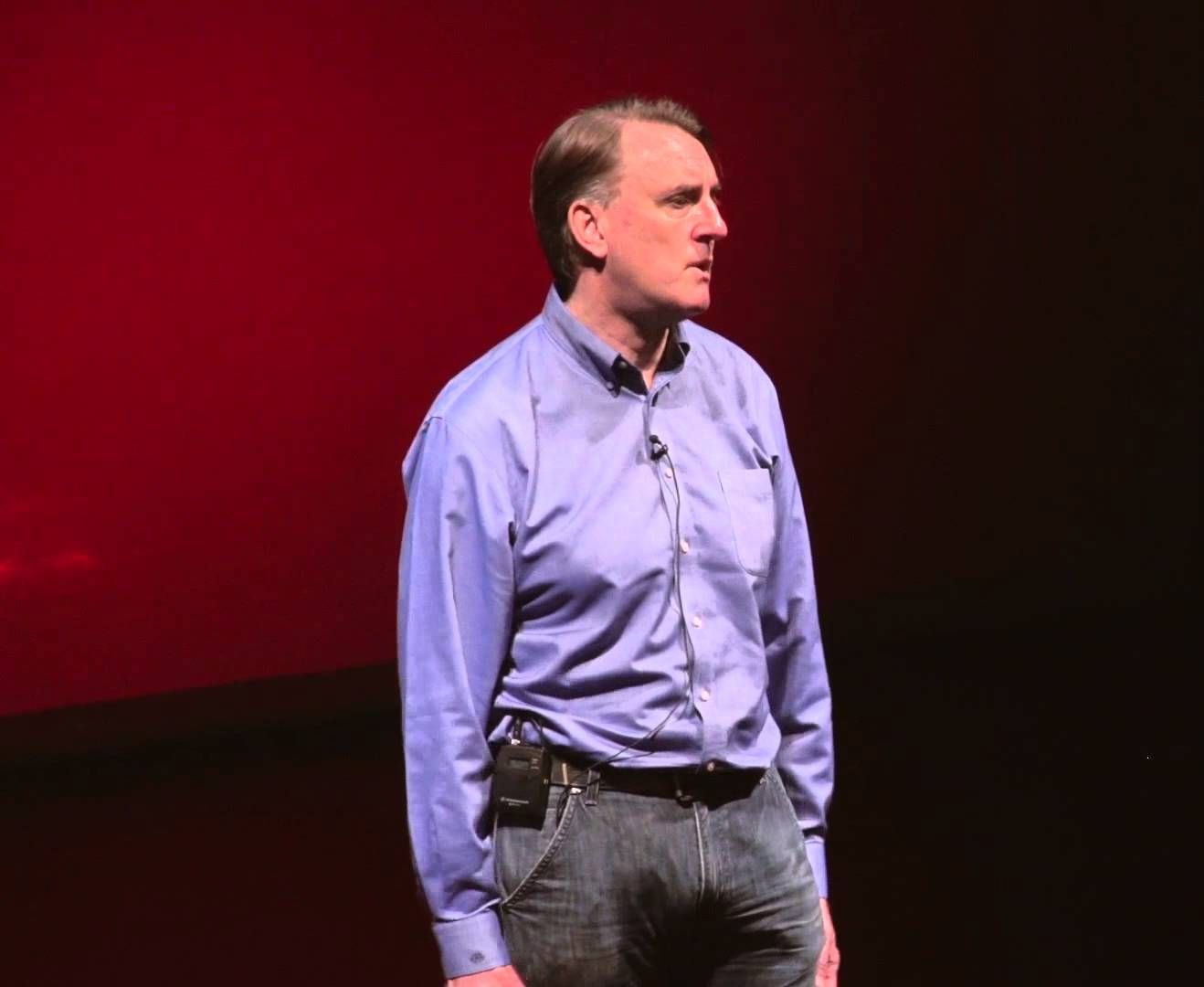
This talk was given at a local TEDx event, produced independently of the TED Conferences. Karl explains how the wisdom of crowds can be harnessed in powerful new ways.
Karl is the Founder of slowXchange a London based Internet platform that crowdsources forecasts on the financial performance, creditworthiness and management quality of the world’s top 2,000 listed companies. A CPA with an MBA [Deans List] from Columbia University, he is an inveterate optimist when it comes to the capacities of people and technology to solve today’s problems.
About TEDx, x = independently organized event In the spirit of ideas worth spreading, TEDx is a program of local, self-organized events that bring people together to share a TED-like experience. At a TEDx event, TEDTalks video and live speakers combine to spark deep discussion and connection in a small group. These local, self-organized events are branded TEDx, where x = independently organized TED event. The TED Conference provides general guidance for the TEDx program, but individual TEDx events are self-organized.* (*Subject to certain rules and regulations)
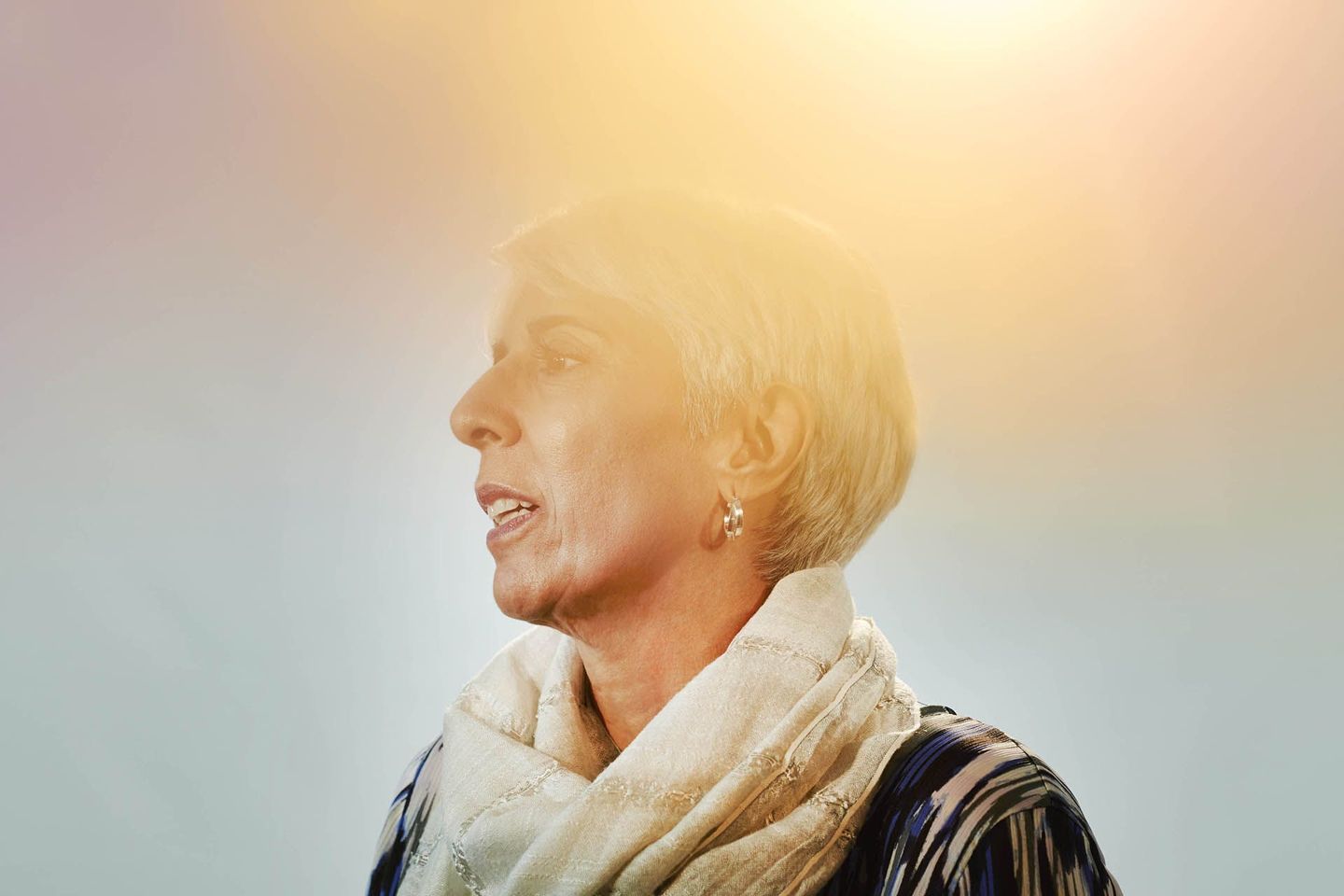
Of course it is and has been for a few years now with BMI tech, etc. However, it has drastically evolved in the recent 3 years. Can’t wait to see where we are in anouther 2 years…
Her organisation invented the internet. It gave us the self-driving car. And now DARPA’s former boss sees us crossing a new technological boundary.
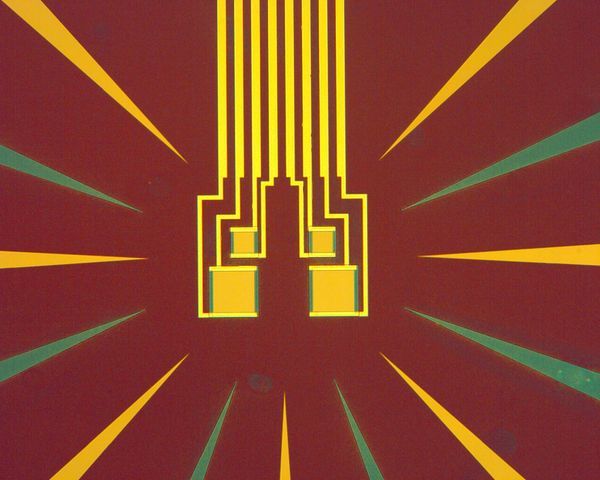
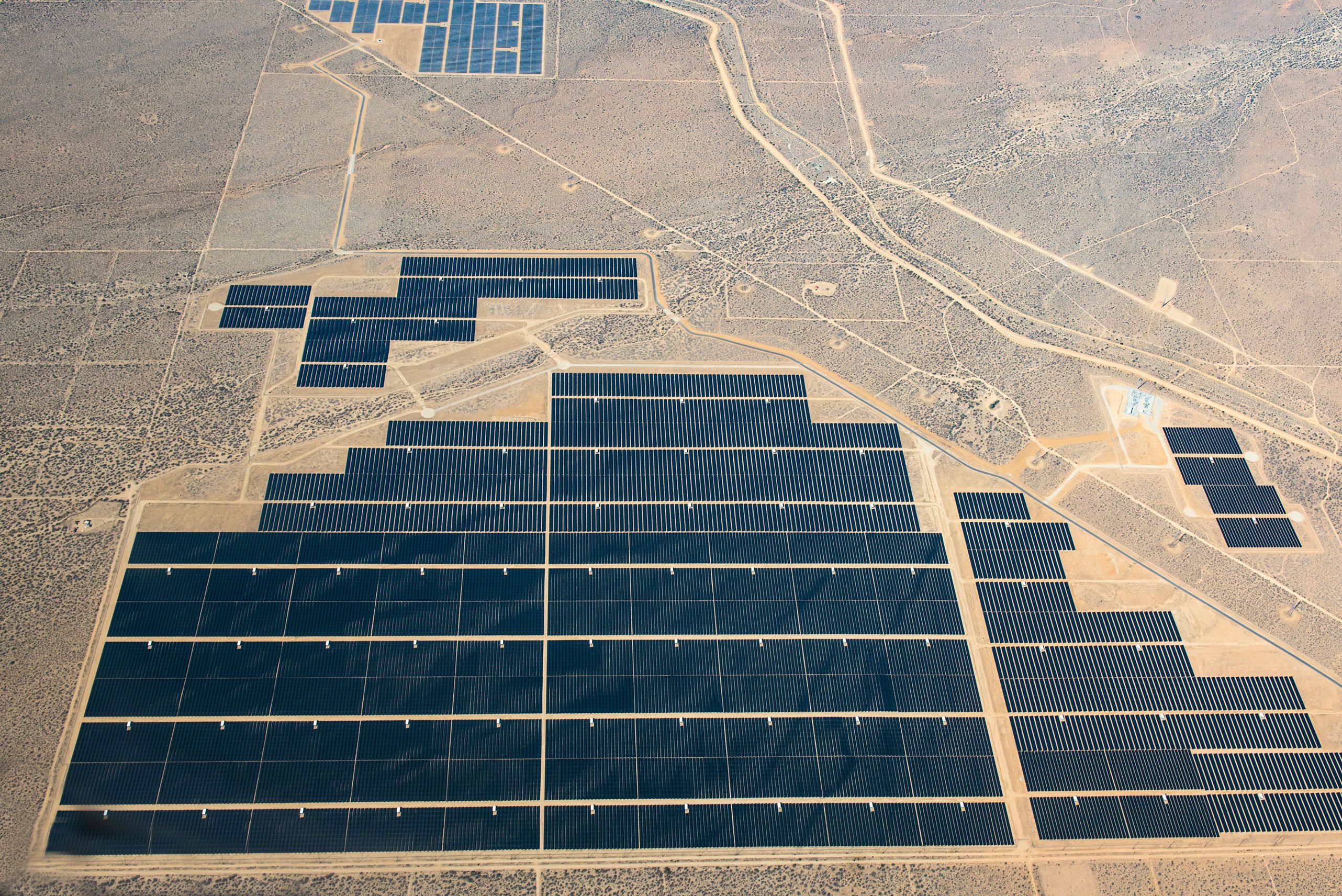
If you’re not paying attention to what’s going on in energy, you should. We’ve seen this movie before. Spoiler alert: There’s massive economic opportunity ahead. How massive? Imagine standing in 1992, knowing that Google, Akamai, Netflix, Facebook, Amazon, eBay, BuzzFeed and Uber lay ahead.
This time it’s the “enernet,” not the internet, that will transform our lives. The story is the same, though the players have changed.
Here’s the tee up. Across the country, incumbent network providers operate highly centralized networks in their respective cities. Then, scrappy local outfits start serving the market with innovative, distributed technology. These startups create competition, and a new network emerges atop the legacy network.


A “smart” needle with an embedded camera is helping doctors perform safer brain surgery.
The device was developed by researchers at the University of Adelaide in South Australia and uses a tiny camera to identify at-risk blood vessels.
The probe, which is the size of a human hair, uses an infrared light to look through the brain.